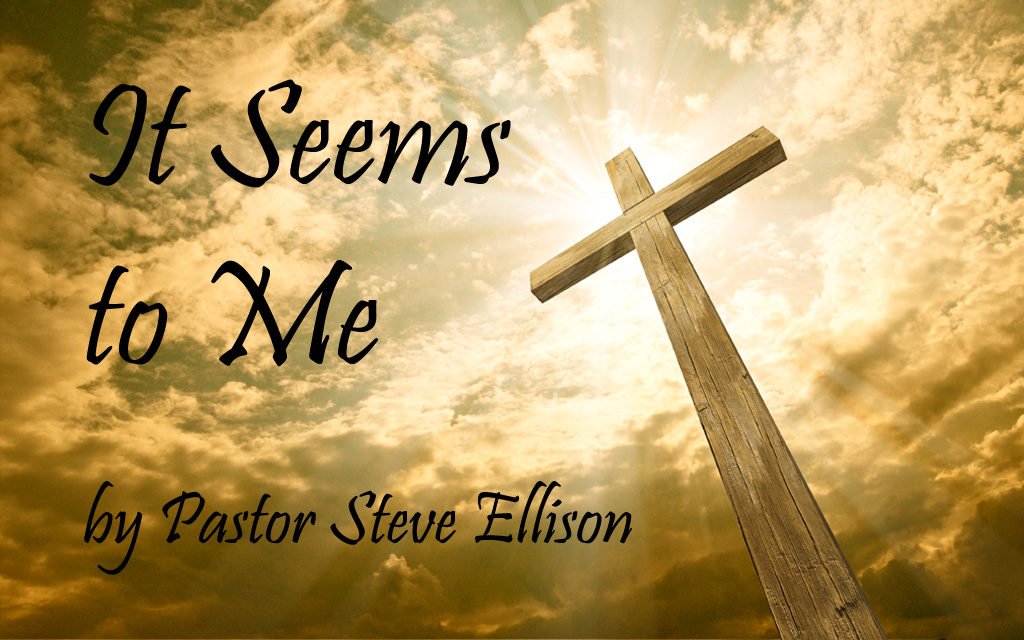by Pastor Steve Ellison
Isaiah 28 begins with a long passage of warning concerning the judgment to come. The middle part of the chapter points directly to the Promised Messiah who will indeed judge in perfect righteousness. The end of the chapter brings a word of encouragement: the discipline and chastisement will not last forever. Verses 21-22 serve as a transition to hope, For the Lord will rise up as at Mount Perazim, He will be stirred up as in the valley of Gibeon, To do His task, His unusual (ftn. strange) task, And to work His work, His extraordinary (ftn. alien) work. 22 And now do not carry on as scoffers, Or your fetters will be made stronger; For I have heard from the Lord God of hosts Of decisive destruction on all the earth. (NASU) God is pointing out that He can and will do to Israel what He had done, on two separate occasions, to the Philistines by the hand of David. The illustration is pointing to the fact that even though God punishes His people, it is not His wish to do so. He warns them and us not to continue in our resistance and rebellion. Punishment/Destruction is not His wish unless our misconduct renders it necessary.
Isaiah 28:23-29 illustrates this point well. It is a sort of parable that introduces a series of related questions that are worthy of our consideration, Give ear and hear my voice, Listen and hear my words. 24 Does the farmer plow continually to plant seed? Does he continually turn and harrow the ground? 25 Does he not level its surface And sow dill and scatter cumin And plant wheat in rows, Barley in its place and rye within its area? 26 For his God instructs and teaches him properly. 27 For dill is not threshed with a threshing sledge, Nor is the cartwheel driven over cummin; But dill is beaten out with a rod, and cummin with a club. 28 Grain for bread is crushed, Indeed, he does not continue to thresh it forever. Because the wheel of his cart and his horses eventually damage it, He does not thresh it longer. 29 This also comes from the Lord of hosts, Who has made His counsel wonderful and His wisdom great. (NASU)
Just as the farmer does not plow, turn, harrow, level, sow, and plant in an effort to destroy the farm, God’s discipline of His people is not intended to destroy but rather to instruct, improve, and render more productive. Just as the wise farmer uses different cultivation and harvesting methods for different crops, so our wise and benevolent God uses the best and most effective methods in bettering us. God is good, wise, loving, and compassionate. He always does what is best for us. He uses exactly the best methods to conform us to the image of the Lord Jesus. He causes all things to work together for our good in accomplishing that purpose. He makes no mistakes. He is faithful. He will withhold no good thing from us. Our problem is that we equate comfort and ease with good. That is incorrect. That which is good, is good because it crowds us to Christ, making us see Christ more clearly, and be more like Christ.
The Psalmist is correct: “I esteem right all Your precepts concerning everything.” (Psalm 119:128, NASU) God’s enemies respond in rebellion to His correction and discipline. God’s friends respond in repentance, faith, and obedience. The choice is yours. Will you carry on as a scoffer? Will your fetters become stronger?





